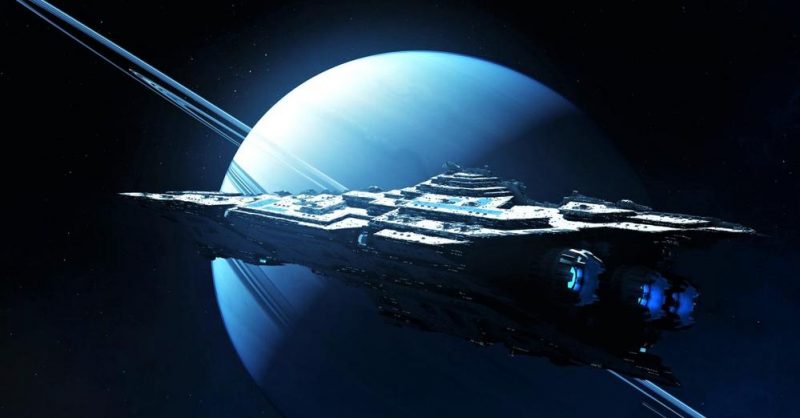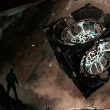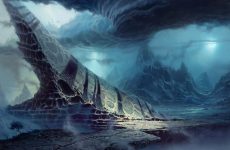A top space scientist has claimed he knows the places where aliens are most likely to dwell.
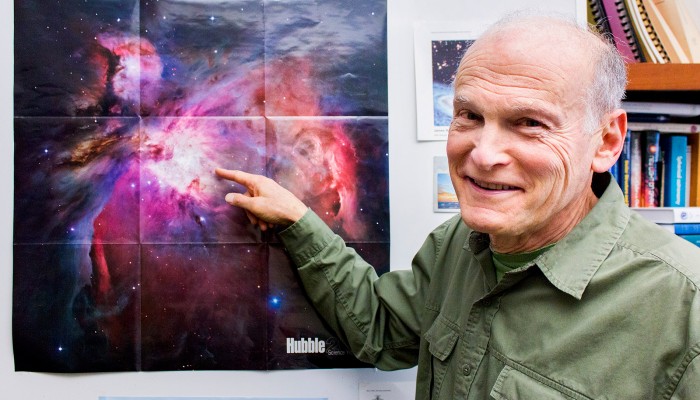
Benjamin Zuckerman, a retired American astrophysicist, stated that small, dense stars called White Dwarfs could be home to advanced extraterrestrial civilizations .
the home of aliens
In an article published in Universe magazine, Zuckerman argued that thanks to recent improvements in telescope technology, scientists can now easily identify alien outposts .
This controversial theory is based on the existence of Dyson Spheres. Alien structures that experts have searched for for decades.
These would be hypothetical colossal alien constructions that covered a star to collect its energy. However, a single evidence of its existence has never been found.
Even so, it is clear that if found, this would be a distinctive characteristic of an advanced civilization, capable of taking advantage of the resources of a planetary system.
Zuckerman, a former UCLA professor who has already published hundreds of papers and books, believes that white dwarfs represent our best chance of finding a Dyson sphere.
He explains that these huge constructions would change the infrared signatures of the stars, making them easy to locate.
White dwarfs are very present in our galaxy. Also, they give off a lot of heat that could potentially be absorbed by a Dyson sphere. In this way, it would feed an entire civilization.
The astronomer argued that infrared data already collected by recent satellites could be scanned for signs of extraterrestrial life.
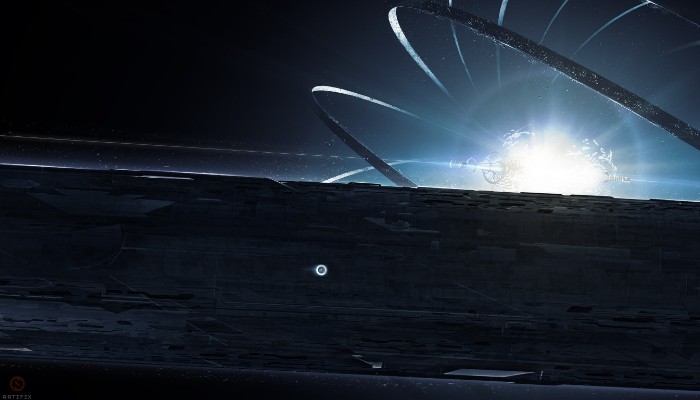
we can find them
Telescopes with the ability to locate Dyson spheres are Spitzer, WISE, TESS, and Kepler, Zuckerman explained:
“It has been hypothesized that advanced technological civilizations will build giant space colonies and supporting infrastructures to orbit their home stars.
With recent satellite data, it is now possible to begin to observationally constrain the frequency of such space-based civilizations in our Milky Way galaxy.”
The scientist also made calculations on how many alien civilizations could exist. He believes that less than 3% of habitable planets orbiting Sun-like stars harbor advanced extraterrestrial life.
That would leave us with a few million to watch out for, should his theory turn out to be true.
Notably, the professor is no stranger to controversy , so his hypothesis is likely to cause discontent. Many experts firmly state that Dyson spheres simply cannot exist .
And, although at the moment this argument is only possible within science fiction, there is no impediment to its construction. We just have to find the alien civilization advanced enough for it.




